Melos Quartet - Brahms & Schumann - The String Quartets (1988)
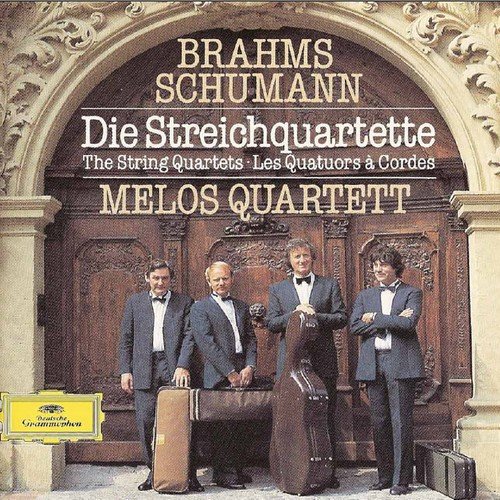
Artist: Melos Quartet
Title: Brahms & Schumann - The String Quartets
Year Of Release: 1988 (2007)
Label: Deutsche Grammophon
Genre: Classical
Quality: APE (image+.cue,log,scans)
Total Time: 02:57:23
Total Size: 932 Mb
WebSite: Album Preview
Tracklist: Title: Brahms & Schumann - The String Quartets
Year Of Release: 1988 (2007)
Label: Deutsche Grammophon
Genre: Classical
Quality: APE (image+.cue,log,scans)
Total Time: 02:57:23
Total Size: 932 Mb
WebSite: Album Preview
CD 1:
01 Schumann - Quartet in a minor op.41 No.1 - I. Introduzione. Andante espressivo - Allegro
02 II. Scherzo, Presto-Intermezzo
03 III. Adagio
04 IV. Presto
05 Schumann - Quartet in F Major op.41 No.2 - I. Allegro vivace
06 II. Andante, quasi Variazioni
07 III. Scherzo Presto
08 IV. Allegro molto vivace
CD 2:
01 Schumann - Quartet in A major op.41 no. 3 - I. Andante espressivo - Allegro molto moderato
02 II. Assai agitato - Un poco Adagio - Tempro risoluto
03 III. Adagio molto
04 IV. Finale, Allegro molto vivace
05 Brahms - Quartet in B major op. 67 - I. Vivace
06 II. Andante
07 III. Agiato (Allegretto non troppo) - Trio - Coda
08 IV. Poco Allegretto con Variazioni
CD 3:
01 Brahms - Quartet in c minor op.51 No.1 - I. Allegro
02 II. Romanze. Poco Adagio
03 III. Allegretto molto moderato e comodo - Un poco piu animato
04 IV. Allegro
05 Brahms - Quartet in a minor op.51 No.2 - I. Allegro non troppo
06 II. Andante moderato
07 III. Quasi Menuetto, moderato - Allegretto vivace
08 IV. Finale. Allegro non assai
Performers:
Melos Quartet
Wilhelm Melcher
Gerhard Voss
Peter Buck
Hermann Voss
Apart from the Takacs Quartet, whose spirited, youthful account for Hungaroton/Conifer (4/88) of Schumann's three quartets was marred by inferior recorded sound, no single group has as yet given us either a complete Schumann or Brahms quartet cycle on CD—and certainly not a composite set of all six works. So all gratitude to the Melos Quartet for filling the gap. Their playing is immediately enjoyable for its warmth, its rhythmic impulse and its very positive directness. To try and place it in sharper perspective I've nevertheless taken the liberty of comparing the two discs with my cherished old LP set of the same works from the Quartetto Italiano (Philips—nla). For even though this has recently been deleted, I wouldn't be at all surprised to find it back in the shops, digitally remastered, before too long.
Perhaps the essential stylistic difference is that the Germans make their points more urgently and assertively, the Italians with more yielding persuasion, as the slow introduction to Schumann's A minor First Quartet, taken faster and more straightforwardly by the Melos, at once makes clear. In the F major Second Quartet the German speeds are in fact marginally slower than those of the Italians (here at their most mercurial). But in general it's nearly always the Italians who allow just a little more time for the music to breathe, and for themselves to enjoy a few more subtleties of melodic grace, textural balance and tonal refinement. As the more feminine of the two composers, I think it is Schumann who most benefits from the tenderer Italian approach, not least in the cajoling lyricism of the Third Quartet in A major. The Melos, with their pungent accentuation, are of course splendid in the tempo risoluto variation of its second movement and in the dancing finale, just as they are in the exuberant vitality of the First Quartet's concluding Presto.
In his own First Quartet in C minor, the 40-year-old Brahms makes scarcely less dramatic a challenge than in the symphony in that key so soon to follow—that's to say in its two flanking movements. Here the Melos players are really in their element, projecting the music at the highest imaginable voltage in comparison with what I can only describe as the inner intensity of their rivals. In the Romanze it is the Italians who again give themselves just a bit more time to prise out inner secrets—with more sensitively accented detail in the dolce second subject. Honours are fairly equally divided in the A minor work, with the Melos perhaps the winners in extrovert rhythmic vitality (not least in the finale) and the Italians, again, in subtleties of phrasing. That is scarcely less true of the Third B flat Quartet, where the Melos make their points without unspecified yieldings of pulse or changes of tempo. In the final variations, for instance, their presentation of the theme may lack the charm of their rivals. But they don't take the liberty of transforming the wonderful molto dolce variation in G flat into a quasi slow movement.
The new recording is forward and vivid. Some people may prefer its vibrant brightness to the mellower, finger-grained Philips sound. For my own part I think it would still be the Italians who'd come with me to my desert island. But let me repeat: the German issue has virtues of its own that could win both composers many new friends.'
Perhaps the essential stylistic difference is that the Germans make their points more urgently and assertively, the Italians with more yielding persuasion, as the slow introduction to Schumann's A minor First Quartet, taken faster and more straightforwardly by the Melos, at once makes clear. In the F major Second Quartet the German speeds are in fact marginally slower than those of the Italians (here at their most mercurial). But in general it's nearly always the Italians who allow just a little more time for the music to breathe, and for themselves to enjoy a few more subtleties of melodic grace, textural balance and tonal refinement. As the more feminine of the two composers, I think it is Schumann who most benefits from the tenderer Italian approach, not least in the cajoling lyricism of the Third Quartet in A major. The Melos, with their pungent accentuation, are of course splendid in the tempo risoluto variation of its second movement and in the dancing finale, just as they are in the exuberant vitality of the First Quartet's concluding Presto.
In his own First Quartet in C minor, the 40-year-old Brahms makes scarcely less dramatic a challenge than in the symphony in that key so soon to follow—that's to say in its two flanking movements. Here the Melos players are really in their element, projecting the music at the highest imaginable voltage in comparison with what I can only describe as the inner intensity of their rivals. In the Romanze it is the Italians who again give themselves just a bit more time to prise out inner secrets—with more sensitively accented detail in the dolce second subject. Honours are fairly equally divided in the A minor work, with the Melos perhaps the winners in extrovert rhythmic vitality (not least in the finale) and the Italians, again, in subtleties of phrasing. That is scarcely less true of the Third B flat Quartet, where the Melos make their points without unspecified yieldings of pulse or changes of tempo. In the final variations, for instance, their presentation of the theme may lack the charm of their rivals. But they don't take the liberty of transforming the wonderful molto dolce variation in G flat into a quasi slow movement.
The new recording is forward and vivid. Some people may prefer its vibrant brightness to the mellower, finger-grained Philips sound. For my own part I think it would still be the Italians who'd come with me to my desert island. But let me repeat: the German issue has virtues of its own that could win both composers many new friends.'

![Marius Neset - Time to Live (2026) [Hi-Res] Marius Neset - Time to Live (2026) [Hi-Res]](https://www.dibpic.com/uploads/posts/2026-02/1771945711_folder.jpg)
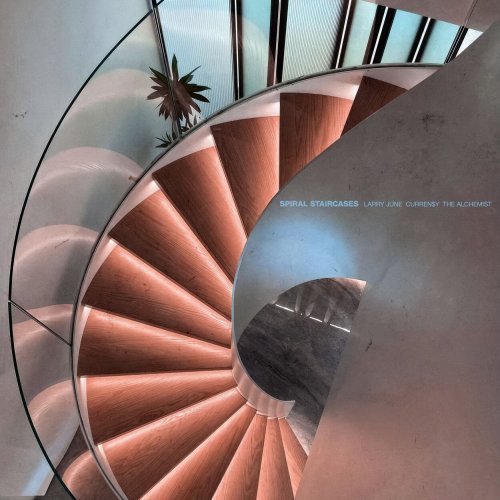
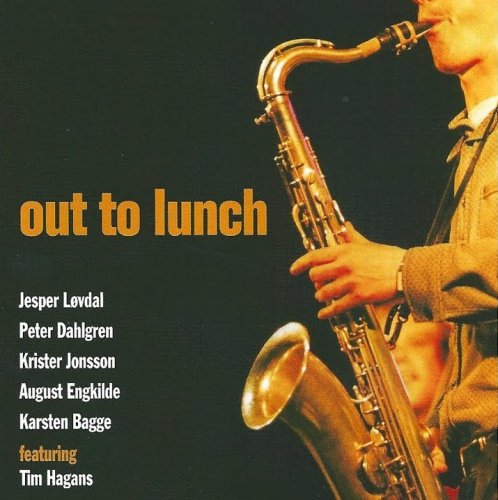
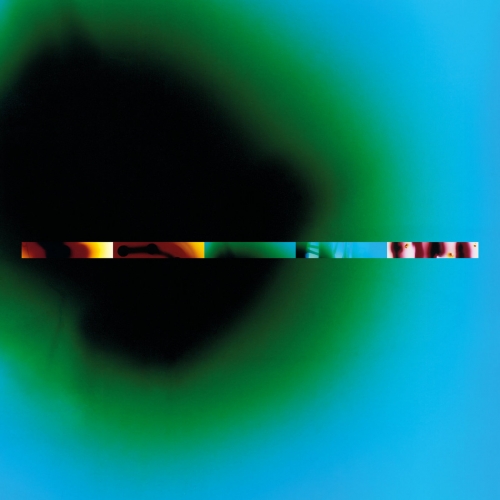
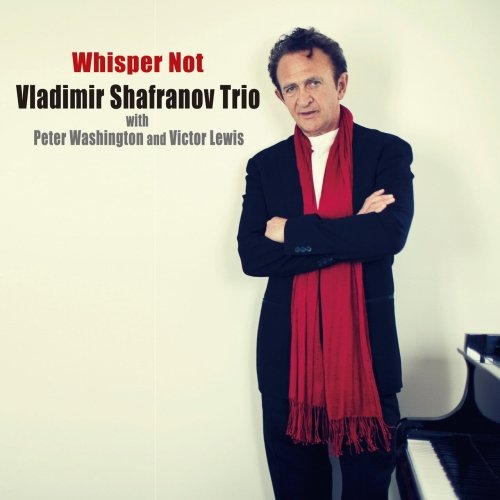
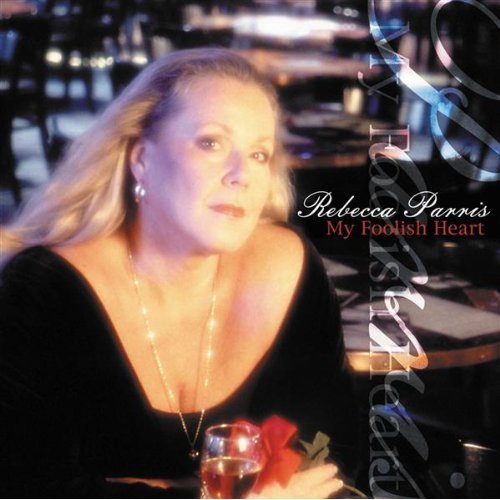
![Eero Koivistoinen - For Children (1970) [2006] Eero Koivistoinen - For Children (1970) [2006]](https://www.dibpic.com/uploads/posts/2026-02/1771615516_ff.jpg)
